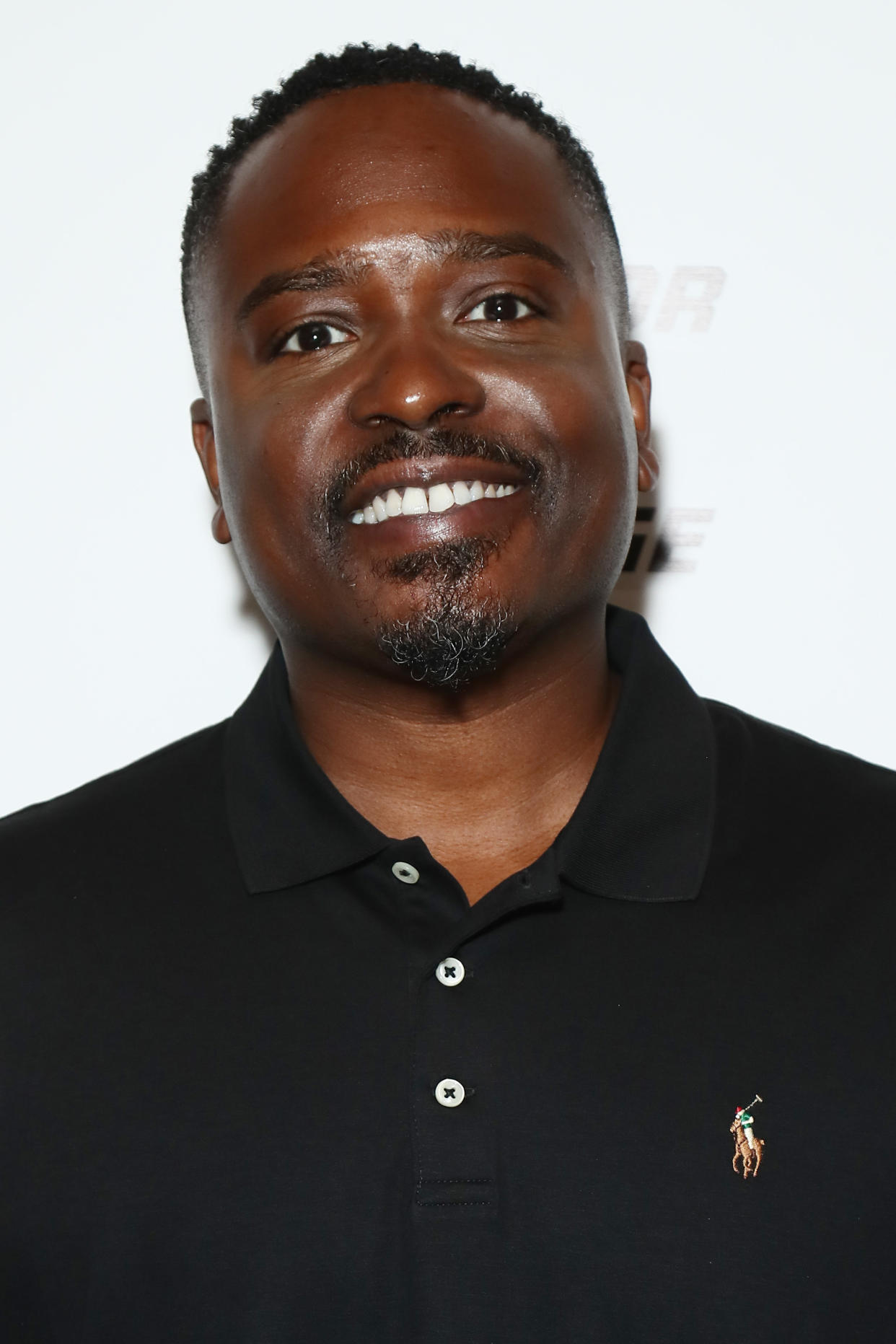Original ‘Lion King’ young Simba turned down $2 million in favor of royalties

Sometimes patience pays off — at least it definitely did in the case of Jason Weaver, the singing voice behind Young Simba in Disney’s original The Lion King. At the time, the young teen (now age 40) had been offered a flat $2 million dollars for his work on the 1994 film. It was a huge step up from the $80k he’d received from his previous role as Michael Jackson in TV mini-series The Jacksons: An American Dream. In an interview with Vlad TV, the actor and singer explained why he decided to initially decline such a hefty sum.
Weaver shared that his agent called him and his family up to give them the news that Disney was offering $2 million dollars, but it came with a caveat: he would get nothing in royalties.
“That amount of money, to an average middle class family in Chicago in the early 90s, I mean ... that’s something. But immediately, my mom goes, ‘Wait a minute…,” shared Weaver.
While the sum would’ve been immediately life-changing, Weaver’s mother was thinking in terms of the long game for her son, like when he turned 40.
"Disney had a reputation for re-releasing stuff," Weaver says, adding that his mother fully comprehended this. Lady in the Tramp and Bambi, for example, were both re-released in the 80s, with Snow White re-released in the US in 1993, and Sleeping Beauty re-released two years later. And with each re-release, those with royalties in their contracts would receive a nice, hefty check,” he continued. “They were releasing that [stuff from the old catalog] when they were releasing new Disney stuff, so she was able to see the playing field and go, ‘Wait a minute, this is going to make a lot of money over time.”
Additionally, Weaver’s mother understood that Disney wasn’t exactly hurting for money.
“She was like, ‘Nah, let’s negotiate royalties,’” Weaver says of his forward-thinking mother’s decision.
“You gotta remember, they’re coming off of Beauty and the Beast, you know what I’m saying? They’re coming off of Aladdin. Disney had bread,” says Weaver. To put things in further perspective, Beauty and the Beast grossed $425 million dollars. As for Aladdin, the 1992 film raked in $504 million in the box office. Disney did, indeed, have bread. And while the $2 million was tempting, it was just a drop in the bucket of what the Walt Disney Company could afford.”
He added, “I think they knew, in forecast, that they were gonna make a shit ton of money.” Indeed, 1994’s The Lion King grossed $968.5 million in the box office — more than four times the earnings of The Little Mermaid.
Over the years, Disney has found numerous ways to make more money off The Lion King Franchise.
“They got the Animal Kingdom in Disney World that’s themed off The Lion King. They got dolls and T-shirts and video games. I mean I got a platinum plaque for a story book that they released that was really just a storybook with my song in it,” said Weaver.
Eventually, Disney offered Weaver a $100,000 check that would include royalties in perpetuity.
To some it might seem like the wrong move, but Weaver fully recognizes and appreciates the decision his mother made on his behalf.
“When I got my first royalty check, me and my mom thought it was a mistake,” Weaver admitted of the hefty amount he eventually received.
A quarter of a century later, Weaver has made back well above the $1.9 million dollars he initially turned down due to the royalty checks, and he’s thankful.
“Shout out to my mother...She was absolutely right. That residual income that I generate, that is so helpful,” said the actor, whose other acting credits include The Lebrons TV series, ATL and The Ladykillers.
It just goes to show, sometimes it is best to play the long game, especially when dealing with powerhouses like Disney.
Read more from Yahoo Entertainment:
Ellen DeGeneres responds to criticism over sitting with ‘friend’ George W. Bush at Cowboys game
Sharon Osbourne says feud with Simon Cowell is 'over': 'It was business, not personal'
Want daily pop culture news delivered to your inbox? Sign up here for Yahoo Entertainment & Lifestyle’s newsletter.


